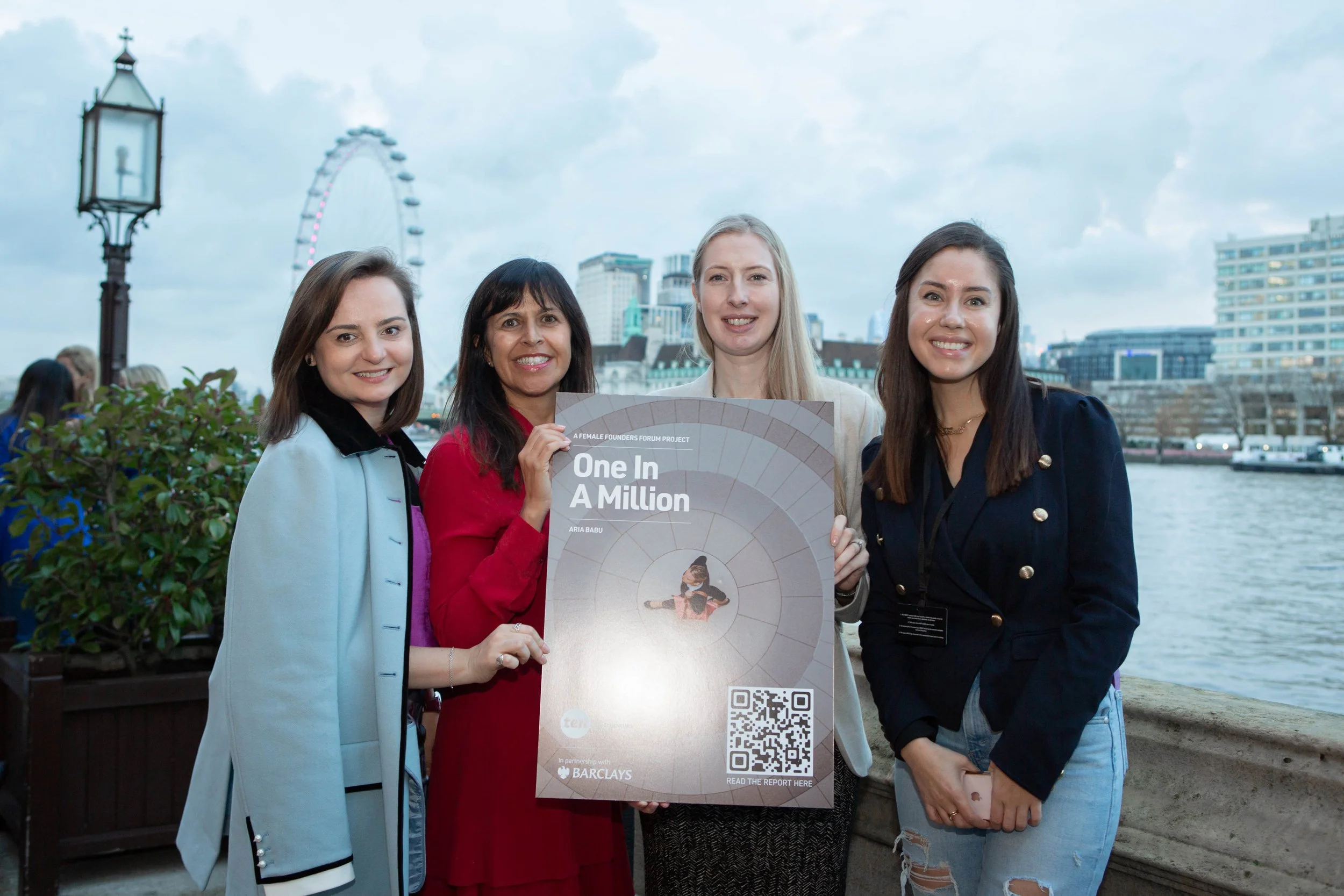A new report from The Entrepreneurs Network and the International Centre for Law and Economics argues that the Competition and Markets Authority’s new Digital Markets Unit may chill investment in UK startups and undermine the competition faced by Big Tech companies like Google and Facebook.
The new tech regulator would put in place a de facto ban on acquisitions by tech platforms, severely limiting investment in startups and damaging the UK’s entrepreneurial ecosystem.
Businesses like Google and Facebook would be forced to prove that product changes benefit consumers before they could introduce them, creating a new micromanaging bureaucracy ill-suited for fast-moving digital markets.
The regulator lacks clear aims and objectives. It has a wide range of goals including “fair trading”, “open choices”, and “trust and transparency”, but is unclear how it will rule on issues where these goals are in tension with each other or with the CMA’s competition mandate.
All markets are digital to some extent, and the regular could grow into an economy-wide super regulator with little democratic oversight, and few checks and balances, over its power unless strong limits are imposed.
The competition enforcer’s new regulator for Big Tech risks damaging competition and innovation in the UK, argues a report from The Entrepreneurs Network and the International Center for Law and Economics (ICLE). The report argues that by limiting acquisitions, and implementing a series of burdensome regulations around product changes, the regulator will decrease the amount of funding going to startups, and hurt Big Tech firms’ attempts to compete with each other. Furthermore, without a proper appeals process or a clear remit, the regulator threatens to become an economy-wide super-regulator with unpredictable rules and little democratic oversight.
This new regulator, the Digital Markets Unit (DMU), has been set up by the UK’s competition enforcer, the CMA, and is intended to regulate the conduct of tech giants deemed as having “Strategic Market Status” (SMS) in some online markets. So far Google and Facebook have been proposed as firms to be regulated in this way, but it is likely that others like Amazon, Apple, Uber and some payments companies will be added in future.
Instead of driving competition in these companies’ markets, which is the CMA’s statutory focus, the report argues that the CMA is moving to a model of static regulation that will make it harder to displace these companies, setting out Codes of Conduct that govern their behaviour.
The CMA is also proposing to lower the burden of proof required to intervene in mergers and acquisitions done by Big Tech firms to a new standard which will effectively ban them from acquiring smaller companies. Under the proposed regime, all deals where there is a “greater than fanciful” chance of significantly lowering competition will be blocked. This would be the case even if the deal is, on balance, deemed to be more likely than not to benefit consumers and competition.
British startups will, as a result, find it harder to attract VC investment as this proposed de facto ban on acquisitions by Big Tech companies would remove a key way entrepreneurs can exit their companies. This may drive startups to go overseas to jurisdictions like the United States, where it is easier to be acquired.
There is also a risk that the DMU damages competition between platforms. Some of the most intense competition online occurs in markets like cloud computing and video streaming, where established Big Tech companies compete with each other in these new markets. Companies would also find it harder to change and improve their products, and would require approval from the regulator before they could do so, hurting users and slowing down innovation.
Over time, the report highlights the danger of the DMU growing into an economy-wide super-regulator without that being the government’s intention. All markets are digital to some extent, and many including groceries, taxis, retail, entertainment and others may someday fall within the DMU’s remit, along with many others. The CMA’s proposals may end up creating a much more powerful and sprawling entity than it or the government realises, without being designed with the checks and balances that such an entity would require to succeed.
The report argues that many of the problems with the DMU are inherent to its design, and cannot be avoided in its current form. However, it suggests some changes that could reduce the risks present in the current DMU proposals, including giving the DMU an unambiguous competition mandate, limiting its scope to avoid regulating the conduct of the entire businesses deemed to have strategic status, and including sunset clauses in all its interventions.
The report concludes that the effects of the CMA’s proposals on the wider economy have gone largely unnoticed, and that there is a risk of inadvertently creating a powerful new regulator that weakens competition in digital markets and makes British consumers worse off, and that now is the time for the government to critically review these proposals before it is too late.
John Penrose, Conservative MP for Weston-super-Mare and author of the Penrose Review of Competition Policy:
“The DMU under its current proposed set-up risks becoming a bloated and unwieldy regulator which could be seized by vested interests and hold back innovation through over burdensome regulations. The government should be wary of this. We want post-Brexit and post-pandemic Britain to be the best place in the world to start a business. The DMU jeopardises this aim. We should not risk leaving the UK less competitive and with less successful companies, exports and jobs - making us a poorer country in the long-run.”
Sam Bowman, Director of Competition Policy at the International Center for Law and Economics, and one of the paper’s authors, said:
“There is a huge danger that the Digital Markets Unit proposals end up making digital markets more sclerotic and less competitive. The kind of regulation the CMA is proposing is about “managing monopoly” - the sort of approach that we use in the energy and water markets that basically surrenders the possibility that anybody except Google and Facebook can offer great Search and Social products. That doesn’t fit with reality, where new entrants like TikTok are nipping at the heels of these firms, and it misunderstands that much of the competition faced by Big Tech will be from other Big Tech companies – like if Apple decides to build a search engine to compete with Google’s.
“We shouldn’t give up on competition online. Instead of trying to regulate incumbents, with all the costs to innovation and dynamism that entails, we should be trying to support new entrants as much as possible. Unfortunately, although it uses the language of competition, that isn’t what the CMA is proposing.”
Sam Dumitriu, Research Director at The Entrepreneurs Network and one of the papers authors, said:
“If we’re not careful the DMU could make the UK a much less attractive place for innovators and entrepreneurs. Tough rules on acquisitions will make it harder for startups to get investment from VCs and make founding a start-up substantially riskier.
While forcing platforms to seek approval for product changes flies in the face of the principle of permissionless innovation, which has driven the growth of the digital economy.
Our best chance of success outside the European Union will come from adopting a radically pro-innovation approach. Unfortunately, we look content to copy the EU’s ambition to regulate businesses started elsewhere.”
-ENDS-
For further comments or to arrange an interview, please contact:
The Entrepreneurs Network
Aria Babu / aria@tenentrepreneurs.org / 07834 549299
The Entrepreneurs Network is a think tank for the ambitious owners of Britain’s fastest growing businesses and aspirational entrepreneurs.
The International Center for Law and Economics promotes the use of law & economics methodologies to inform public policy debates.






